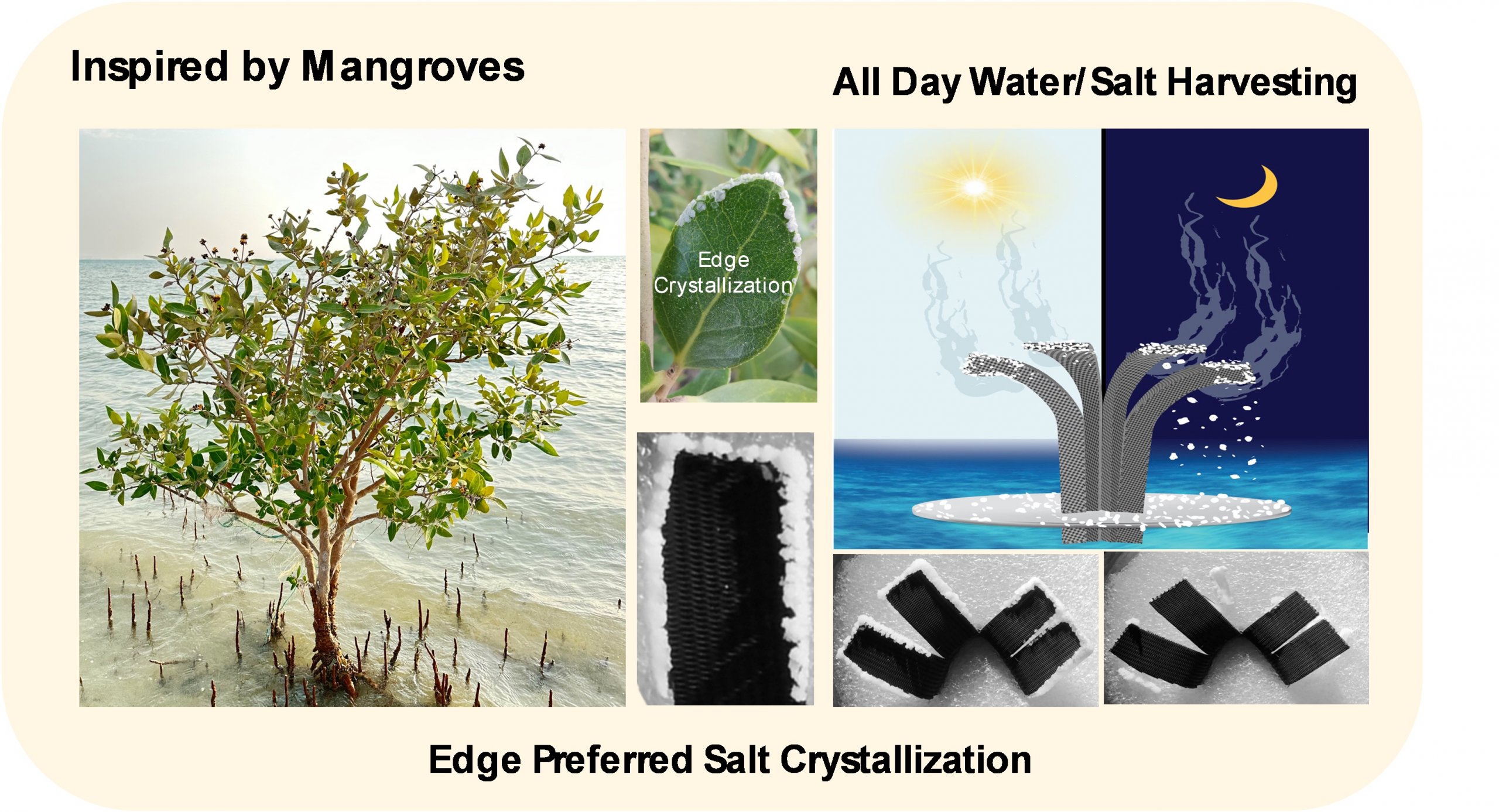
Collaborations between private, public and academic organisations bolster the development of technology-based innovations. They are the foundation of the knowledge economy. That is why the Masdar Institute of Science and Technology is involved in cross-sector collaborations, the most notable of which is with the Massachusetts Institute of Technology.
As the Masdar Institute’s core academic partner, MIT has established robust research activity, including nine active flagship research projects. These projects bring together faculty teams from both institutes to address key strategic research areas. The intention is to build critical mass and have a sizeable research impact, which would help to establish the UAE as a leader in research, while developing capacity and expertise.
These projects have generated knowledge and innovations with wide-ranging applications in renewable energy, water, health and technology. All of these are priority sectors targeted by the UAE National Innovation Strategy. Launched in October, the National Innovation Strategy is an ambitious initiative that seeks to stimulate innovation across seven priority sectors in order to achieve UAE Vision 2021, and aims to make the UAE the most innovative nation in the world by 2021.
A few notable technology-based innovations produced by the flagship research projects include the development of high-efficiency multiple-junction solar cells, combined solar power and thermal energy storage, efficient water purification membrane technology and a detailed model of climate variability in the UAE. The Masdar Institute team was led by Dr Hassan Arafat, associate professor of water and environmental engineering. It managed to design, and develop membranes for water treatment with better permeability and excellent mechanical strength. It used novel fabrication methods, which can be scaled up to cover large areas.
Another project investigated ways to increase the efficiency of solar cells and produced results that may ultimately have a positive impact on the UAE’s solar power industry.
The project aims to produce solar photovoltaic technology that can capture different portions of the solar spectrum and achieve efficiency as high as 50 per cent.
Led at Masdar Institute by Dr Ammar Nayfeh, associate professor of electrical engineering and computer science, the team recorded results that suggest that efficient solar cells can be developed with the potential to greatly affect the solar industry if produced on a larger scale.
Organised at Masdar Institute by Dr Taha Ouarda, professor of water and environmental engineering and head of the Institute Centre for Water and Environment, a team also developed a hydro-climate model that is the first of its kind in the UAE. It models the inter-annual variability – or variability from one year to the next – of hydro-climate variables, including precipitation, temperature, soil moisture and solar Irradiation.
This information can be used in many different fields, including agriculture, water management and health. Climate variability impacts not only the UAE’s precious water resources, but also human health and agricultural production.
All nine projects established over the past two and a half years are currently active, but the above mentioned projects conclude this year. While these projects have produced knowledge and innovations of significant value to the UAE, more research is required in these fields. Therefore, new projects will be developed from the excellent results obtained so far.
The progress of the active projects will be presented at the forthcoming Masdar Institute and MIT Collaborative Research Conference, which is taking place at a time when research and innovation are at the top of the UAE’s agenda.
In many ways, the flagship projects serve as a springboard for new ones that build on the results obtained and ensure that the efforts invested have maximum near and long-term benefits. We believe that our projects are generating knowledge and technology in the key sectors targeted by the National Innovation Strategy.
Thus, we look forward to continuing such collaborations with MIT as well as other local and international partners.
Dr Steve Griffiths is executive director of the Office of Institute Initiatives at Masdar Institute of Science and Technology






